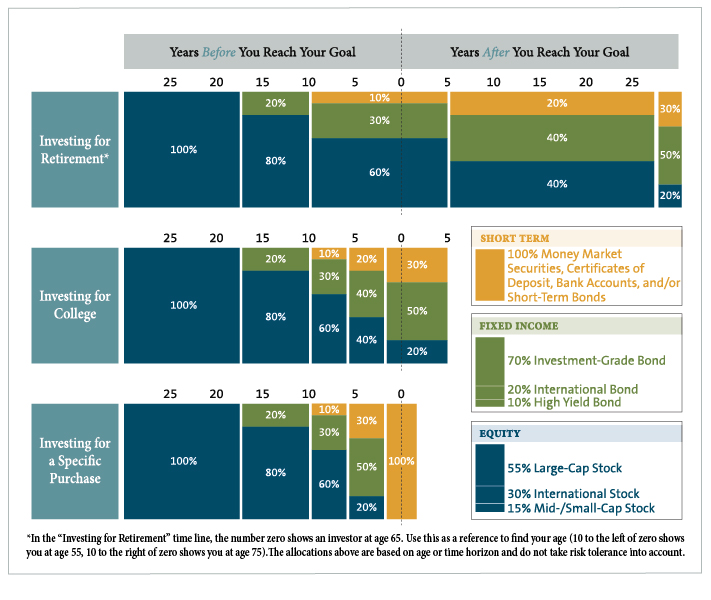| It might sound simple, but a big problem for investors is knowing whether a fund manager or broker is doing a good job.
Defining what’s “good” is problematic because it depends on how the rest of the market performs. For example, 2% is a horrible return in a bull market. However, preserving your capital would be considered excellent in a bear market where most investors are down 20%. In this case, 2% isn’t looking so bad. Before going any further, let’s get some definitions out of the way: Absolute return is simply the return an asset or portfolio earned over a certain period. For example, if a mutual fund returned 8% last year, its absolute return was 8%. This is pretty simple stuff.
SPONSORED
Relative return, on the other hand, is the difference between the absolute return and the market’s (or some other benchmark’s) performance. To gauge the market’s performance, we use a benchmark index such as the S&P 500 (if you aren’t familiar with indexes, you can read more about them in our index tutorial). For example, if the absolute return of your portfolio was 10%, and during the same period, the performance of the S&P 500 was 6%, then you have a relative return of 4% greater than the market (10%-6%=4%). However, if the S&P 500 returned 15% during this same period, you have a relative return of -5% compared to the market (10%-15%=-5%). The rationale is that actively managed funds should get a return equal to the market. After all, you can buy an index fund with a cheaper management expense ratio (MER) that will guarantee the market return. As an investor, you pay a manager to perform better than the market. If an investment does not have a positive relative return over time, it’s worth shopping for a new manager. Finally, we should also mention that relative return can be used in contexts other than the entire market. It can be advantageous to compare a sector fund’s performance to its peers. For example, a technology fund’s performance would be measured relative to the entire technology industry. This is useful if the technology industry significantly outperformed or underperformed the market. |












